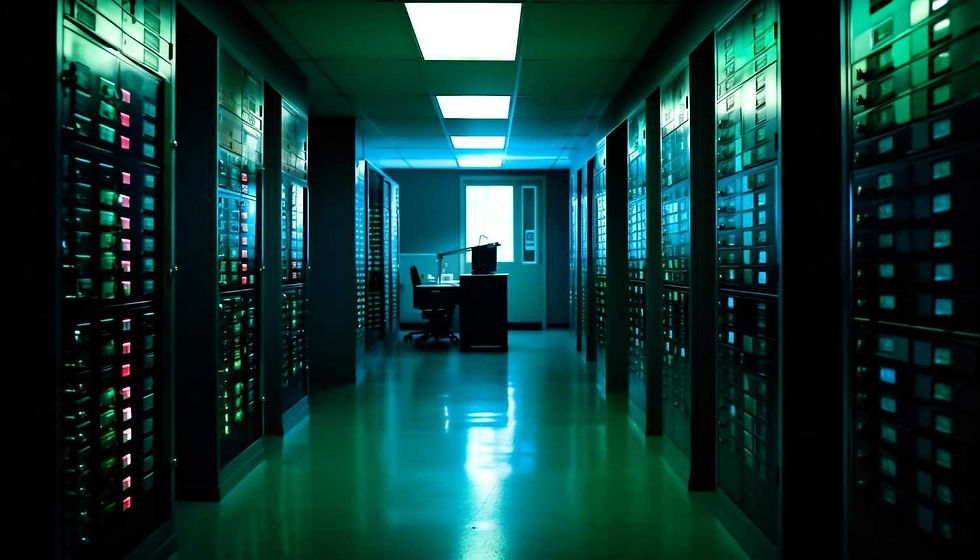An overview of Network Attached Storage: What is it?
- Scale out nas
- Dec 11, 2023
- 3 min read

The world we live in today is driven by technology. And, with our increasing dependence on gadgets and digital devices, the demand for storage space has never been higher. Enter Network Attached Storage (NAS), one of the most popular and useful storage options available on the market today. But what is network attached storage? How does it differ from other storage options, and why should you invest in it? In this article, we will answer all your questions about NAS so that you can make an informed decision about whether it's right for you.
What is Network Attached Storage (NAS)?
Network Attached Storage (NAS) is a file-level data storage system that enables multiple users and devices to share files over the network. Essentially, it's a dedicated device that connects to your home or office network and provides a central repository for data storage and sharing. By connecting to a network, NAS allows multiple users to access files at the same time, edit them collaboratively, and also provides a backup solution for individuals or teams.
How is NAS different from other storage options?
Traditionally, people have relied on hard drives, USB drives, and external hard drives to store their data. However, these storage options don't provide the same level of data protection, scalability, and performance as NAS. With hard drives and USB drives, the storage capacity is limited, and once the hardware fails, you lose all your data. With an external hard drive, you have to plug it directly into a computer to access the data, making it inconvenient to share files between users.
Why should you invest in Network Attached Storage?
There are several reasons why you should consider investing in NAS. Firstly, NAS provides a centralized platform that makes collaborative work much easier. For example, if you're part of a team and need to share files, NAS makes it easy to store, access and edit files from different devices without physically transferring the files. Secondly, with encrypted drives and backup options, NAS provides an extra layer of security for your data. Finally, with the ability to expand storage capacity easily, you can scale up your storage solution as your data grows without any need for additional hardware purchases.
Types of Network Attached Storage
There are two main types of NAS available on the market: consumer-grade and Enterprise-grade. Consumer-grade NAS is suitable for personal use, small offices, or home offices. They are generally less expensive than enterprise-grade NAS and can be set up quickly and easily. Enterprise-grade NAS, on the other hand, is suitable for large organizations with a more significant storage requirement. These are more expensive, offer more features, and provide a higher level of scalability.
How to select the right Network Attached Storage?
When it comes to selecting a NAS, there are several factors to consider. Firstly, you'll need to think about the amount of storage space you'll require. Suppose you plan on using your NAS for home or small business use, a 2-4 bay device will be sufficient. However, suppose you work in a more data-intensive environment. In that case, you may need to consider larger NAS solutions with 8-12 bays or more. Factors like data transfer speed, RAID options, and cloud support should be considered as well.
Conclusion
Network Attached Storage provides a flexible, secure, and easy-to-use solution that is suitable for personal or business use. Whether you're a small team or a large corporation, NAS offers a central hub that can store and access data from multiple devices while providing protection against data loss. By understanding what NAS is, how it differs from other storage options, and what types are available, you can make an informed decision about choosing the right storage solution for your needs.



Comments